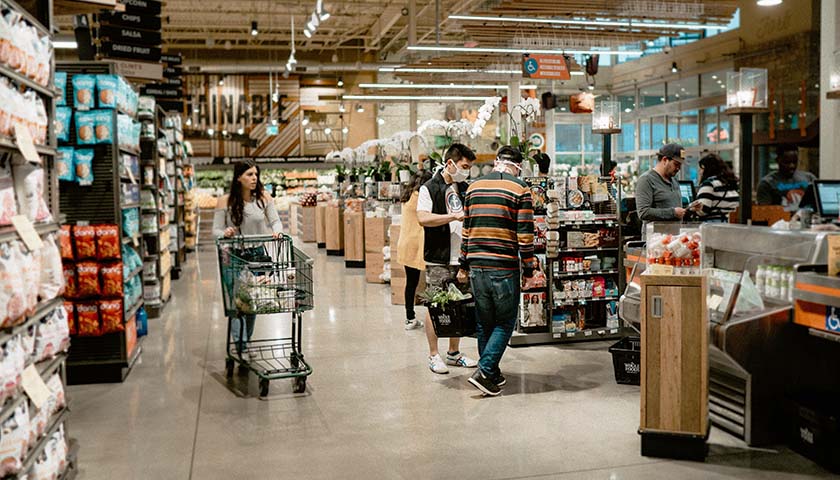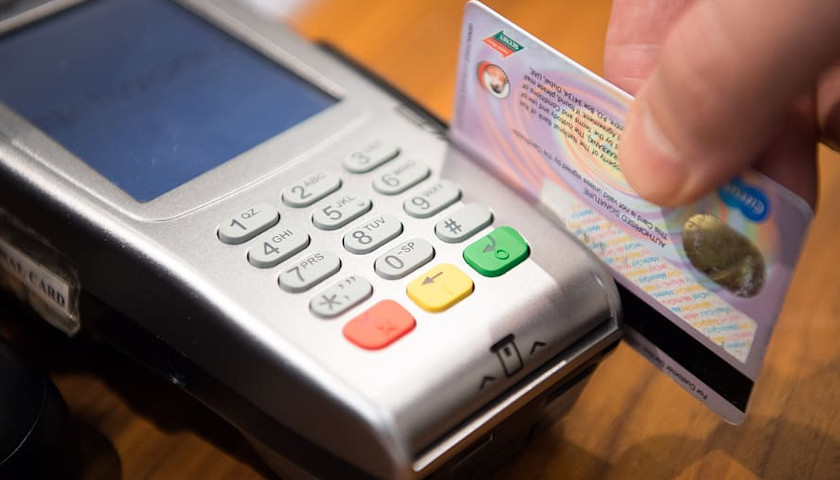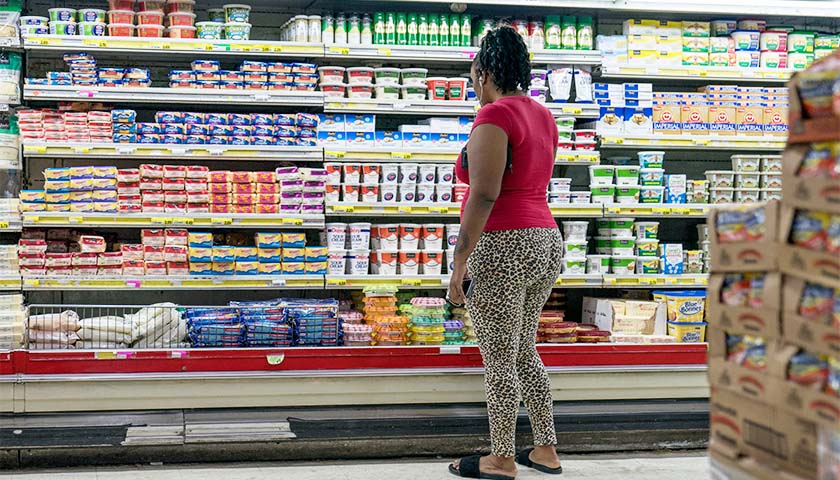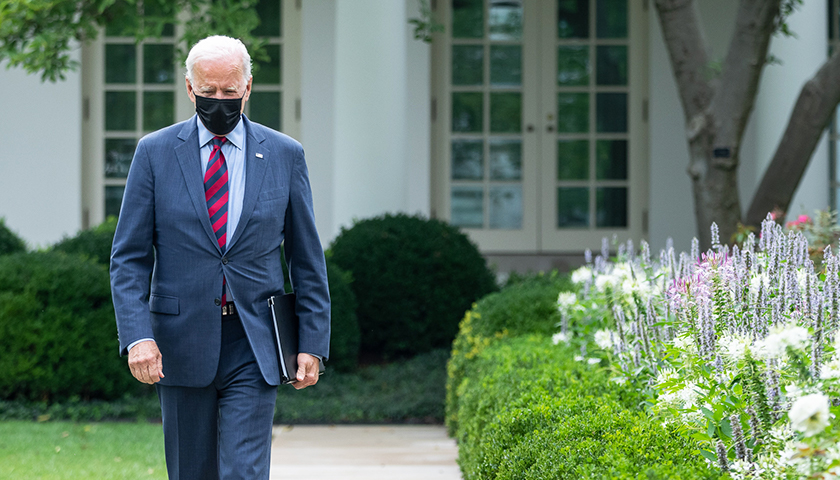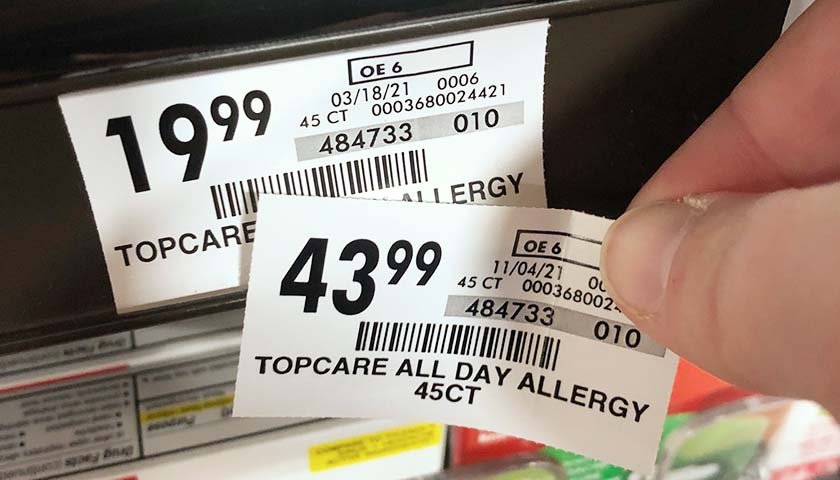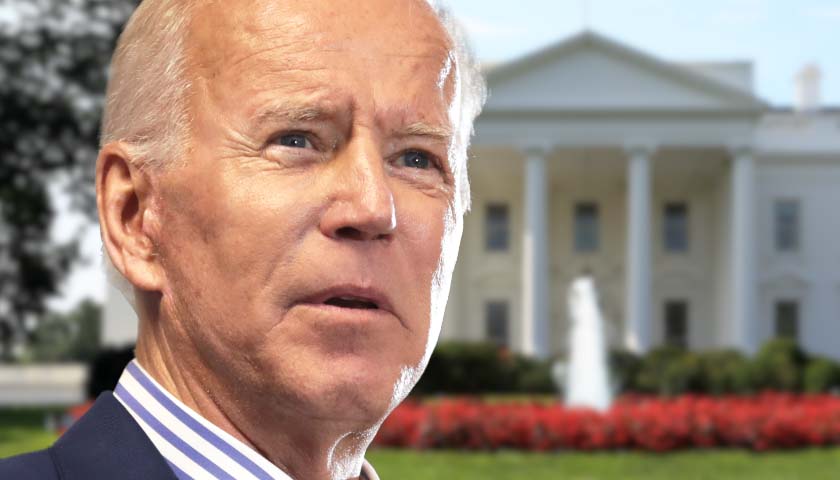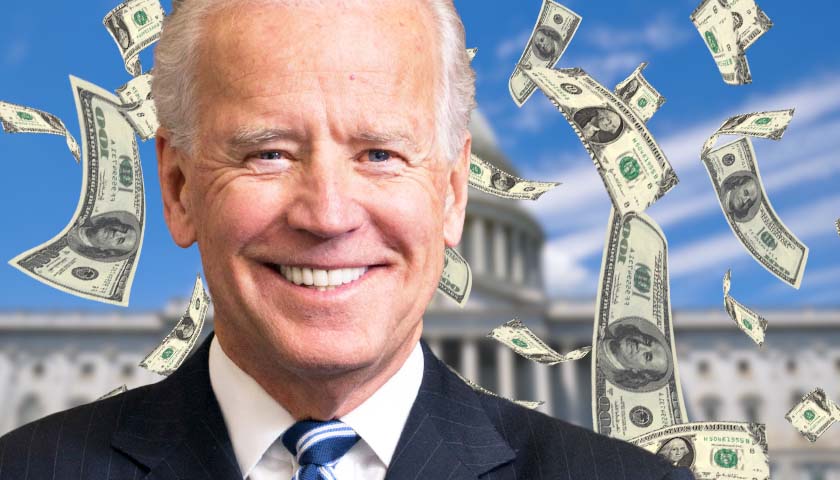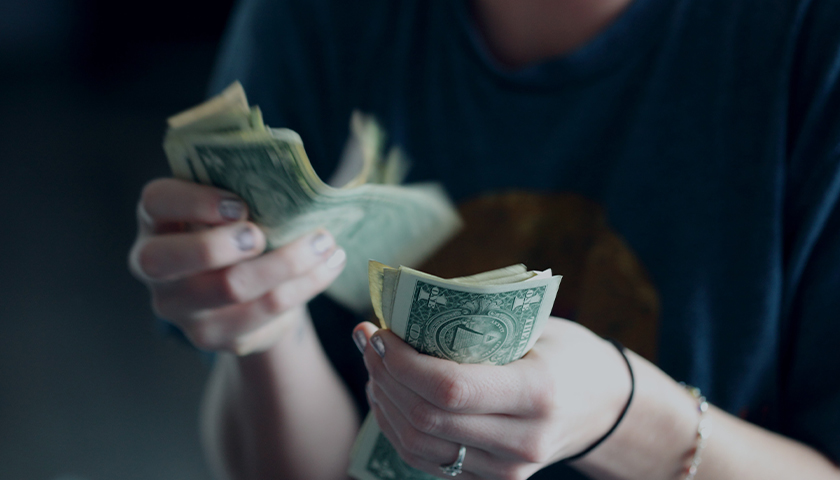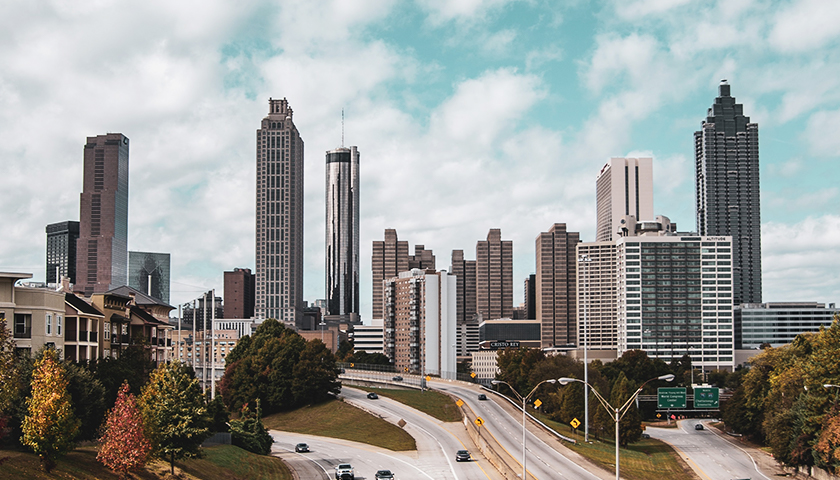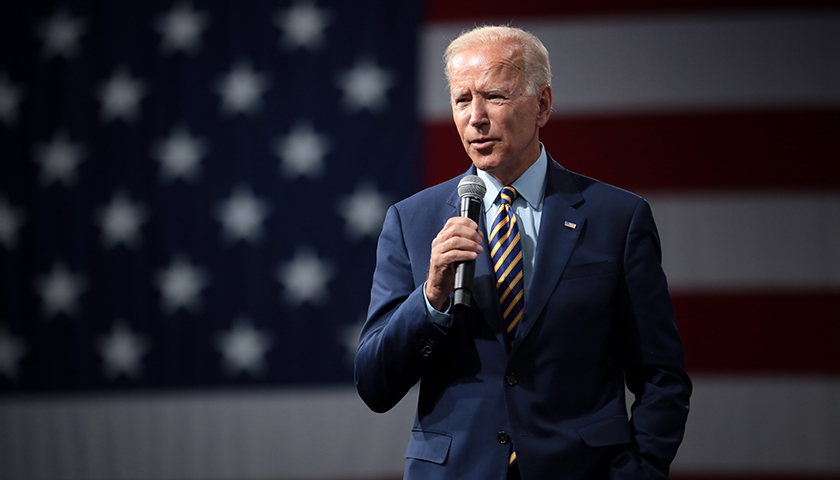The Producer Price Index (PPI), which measures inflation at the wholesale level, soared 9.6% year-over-year as of November, growing at the fastest rate ever measured, the U.S. Bureau of Labor Statistics (BLS) announced Tuesday.
BLS reported that the PPI, which measures inflation before it hits consumers, grew 0.8% in November. As of October, the measure grew just 8.6% on a year-over-year basis and just 0.6% in that month alone, meaning wholesale prices grew more and to a worse yearly figure in November than they did in October.
Economists projected a year-over-year increase of the core PPI, which excludes food and energy prices, to be 7.2% year-over-year and a 0.4% increase from October, according to CNBC. Demand for goods was the biggest driver for the surge in producer prices, increasing 1.2% in November, slightly down from October’s 1.3% figure. Final demand services inflation increased 0.7% in November, much faster than October’s 0.2%.
Read More




